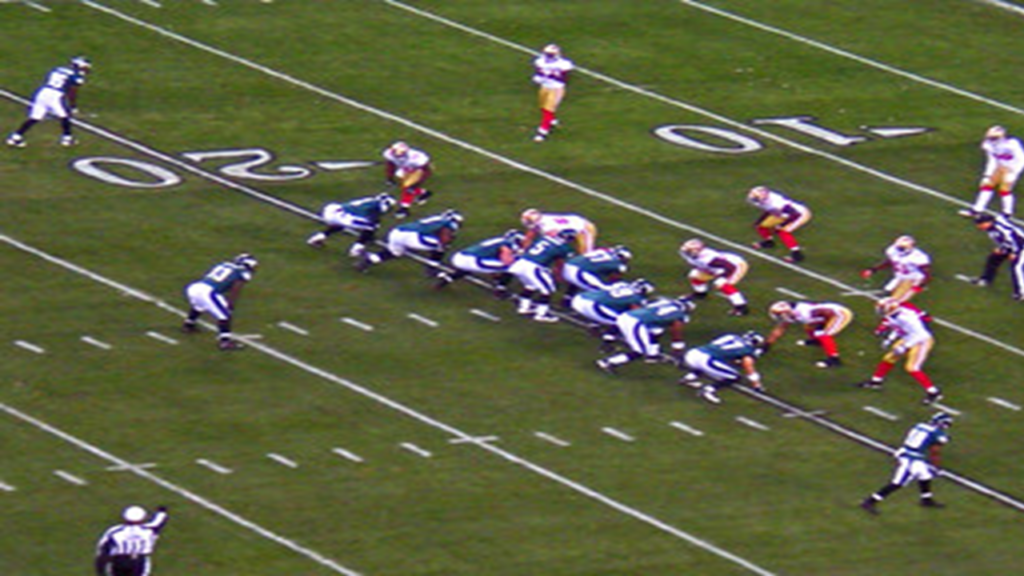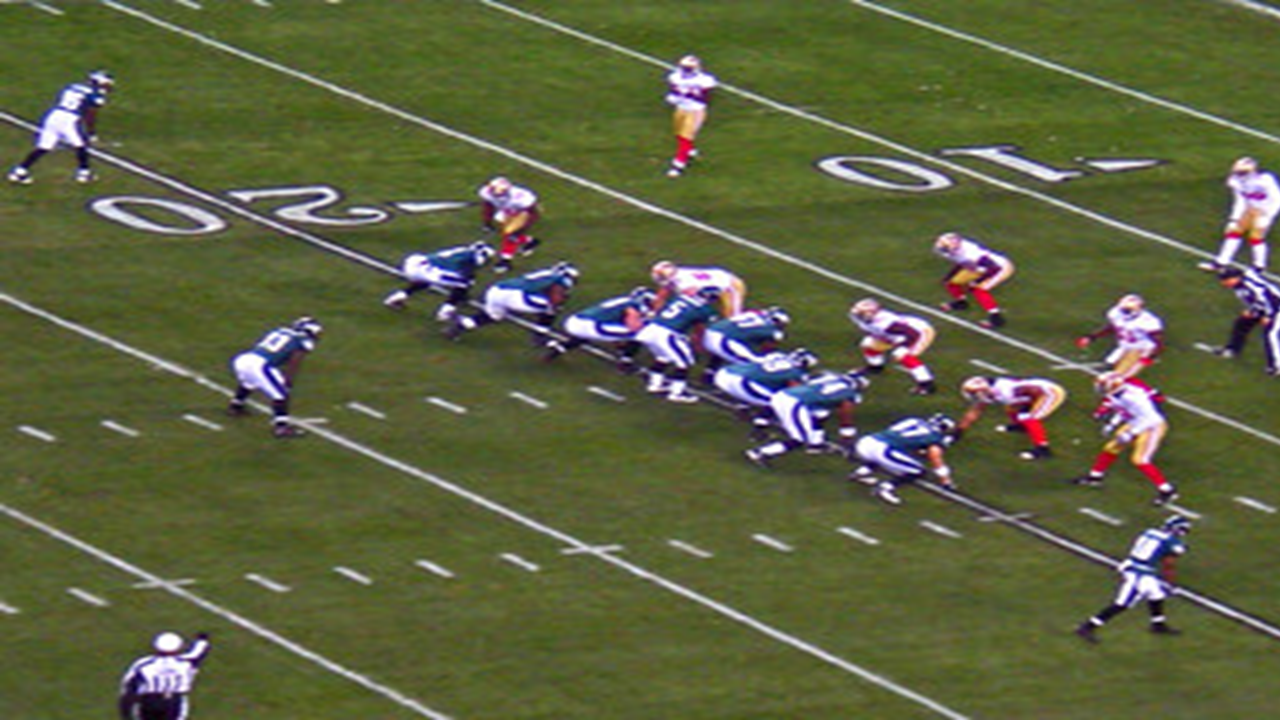
In a thrilling Sunday showdown, the Washington Commanders and the Philadelphia Eagles delivered a football spectacle that will be remembered for weeks to come. However, it wasn’t the result that the Commanders’ faithful had hoped for, as they fell to the Eagles by a final score of 34-31 in an overtime thriller.
The Commanders headed into halftime with a promising lead of 17-10, fueled by a determined first-half performance. However, as the game wore on, the Eagles clawed their way back into contention, eventually taking a 24-17 lead in the fourth quarter. With less than two minutes remaining on the game clock and only one timeout left, the Commanders found themselves in a nail-biting situation.
Quarterback Sam Howell, in only his second year in the NFL, displayed incredible poise and composure as he led the offense on a remarkable 10-play drive. The clock ticked away with each play, setting the stage for a critical decision that would have a lasting impact on the game’s outcome.
Head coach Ron Rivera and assistant head coach and offensive coordinator Eric Bieniemy faced a pivotal choice: go for a two-point conversion and the win, or kick the extra point and likely head into overtime against a formidable Eagles squad.
The decision wasn’t a straightforward one. Kicking the extra point would either result in a tie game or a potential loss, while attempting a two-point conversion carried the same risk of losing but also presented a golden opportunity to secure a thrilling victory.
In the end, Rivera opted for the extra point, choosing the safer path and aiming for overtime football. This decision, while understandable, left many fans and pundits divided. Some argued that in a crucial moment like that, seizing the chance for an immediate win was worth the gamble, while others acknowledged that only Rivera had access to all the information necessary to make the right call.
The critical factors influencing Rivera’s choice included assessing how much energy his offense had left in the tank after a grueling 10-play drive, which had chewed up precious time on the clock. Rivera defended his decision, explaining, “Those guys – they were gassed. It was a long (expletive) drive, they were hurrying, they were hustling…and that’s too bad.”
Former NFL tight end Logan Paulsen, offering his insights in the team’s postgame analysis, expressed a preference for attempting the two-point conversion. However, he also acknowledged the complexity of the decision and the unique perspective that only a head coach possesses.
In the end, the Commanders’ decision not to go for the two-point conversion will undoubtedly be a topic of discussion in the days to come. While the final result wasn’t in their favor, Washington demonstrated resilience and determination, leaving their fans eager to see what the rest of the season holds for this talented team.
